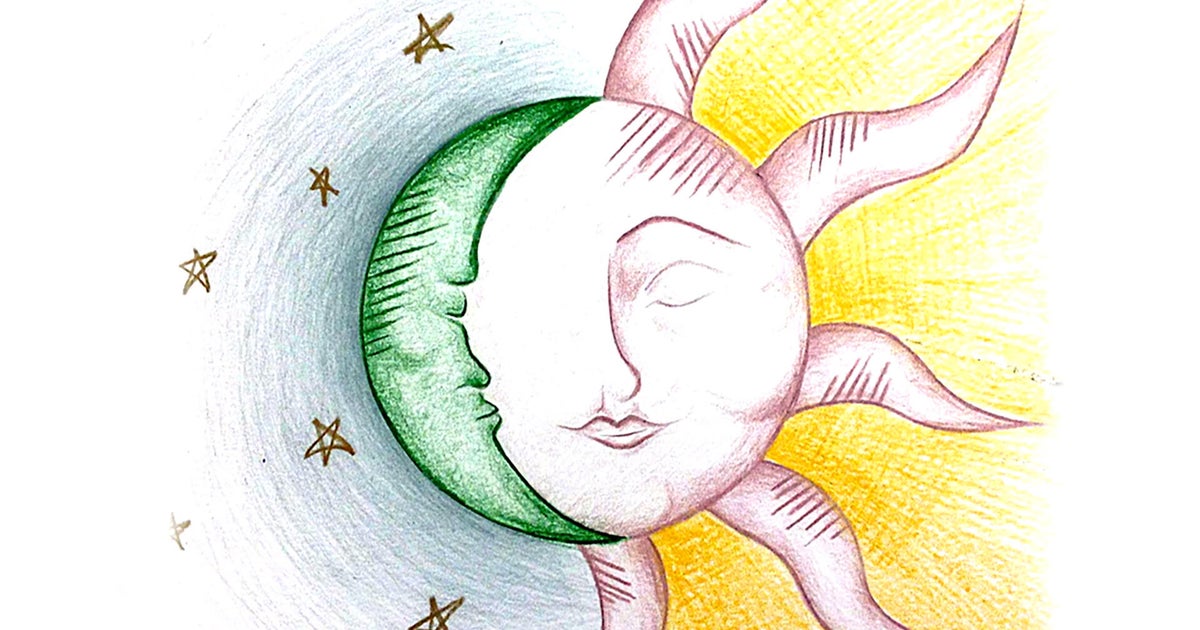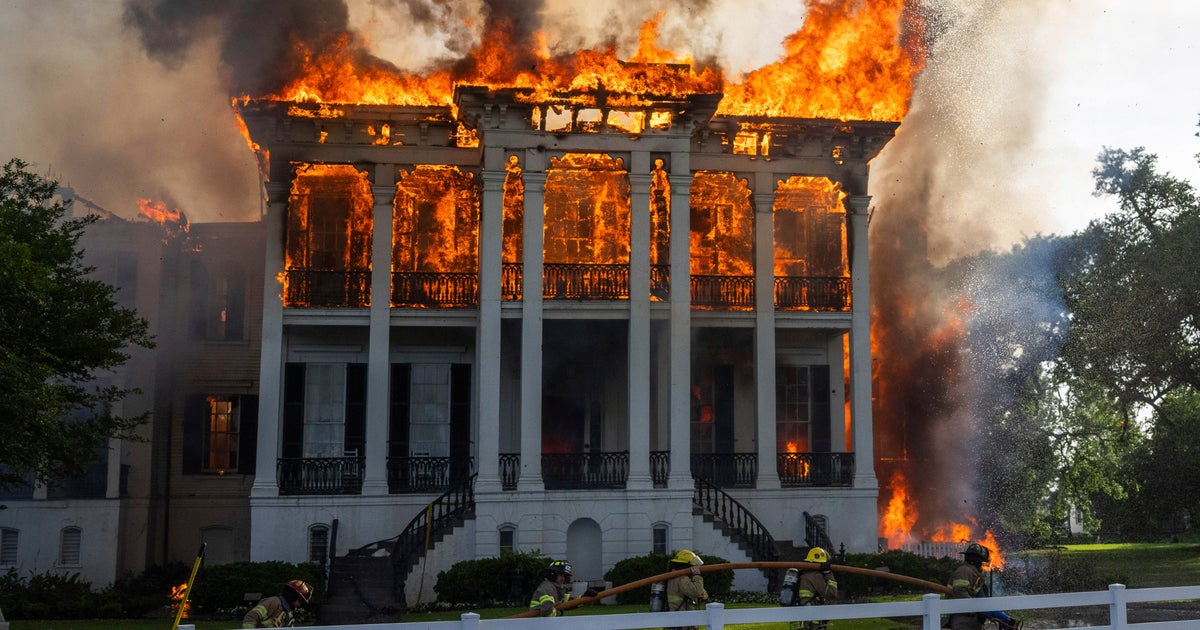New Orleans' rich history, and the resilience of the people who live there
The voice of the Mississippi still sings in New Orleans, a place where umbrellas dance, booze mingles with beignets, the irreverent holds hands with the sacred, and the dead sleep among the living.
"It's a city that enjoys life," said Robert Florence, who, like many others taken by New Orleans, first went there to be playwright and author. He added: "It's a city that lives for the moment. It's a city that is not judgmental. It's a city where people don't worry as much."
Longtime New Orleans resident Tennessee Williams counted it among America's top three cities.
"Everywhere else," Williams is said to have remarked, "is Cleveland."
Cradled in the crescent of the Mississippi's embrace, the area had been inhabited by Indigenous people for centuries. But it later proved no easy place to inhabit. It has survived fires, wars, disease, the wrath of Hurricane Katrina, the New Year's Eve terrorist attack, and, now, a jail-break that continues to make headlines.
"But we're still here," said Mona Lisa Saloy, Louisiana's former Poet Laureate and a professor at Dillard University, which is the state's oldest Historically Black College or University, or HBCU. "Those of us who are here want to be here because there is no place like it."
Saloy said that New Orleans' reputation as a "party city" hardly tells its whole story. The families who live there, and their traditions, make the city what it is, she told "CBS Sunday Morning." And those families have deep roots in many places.
The French claimed and named New Orleans in 1718. Later, it was controlled by Spain, returned to French rule, and, finally, sold to Thomas Jefferson as part of the Louisiana Purchase. Some hearty folks were among the area's first settlers: criminals, counterfeiters, pirates and prostitutes. Over time, though, a duality developed in New Orleans that may be the city's "secret sauce."
"They weren't the Puritans!" Florence said of New Orleans' early settlers. But, he noted, "At the same time, it's been a very religious city, and a very spiritual city."
Like many cities in the southern United States, New Orleans was built on the backs of the enslaved. However, unlike other places in the South, the enslaved and free people of color lived shoulder to shoulder. They were allowed to celebrate their traditions, not hide them.
"On Sunday afternoon, after worship, Black people could unite and sell their wares, and practice drumming and dancing and singing," Saloy said. "No other place in the country allowed that kind of public, free congregation of enslaved Africans, and free."
Those African traditions started to merge with the musical influences all around it — classical, the mambo and the tango — and that fusion became jazz. Birthed in this stew of cultures, locals like Louis Armstrong, Jelly Roll Morton and King Oliver created a sound that was never heard before, and is still evolving today.
If music is the heartbeat of New Orleans, its creole cuisine is the city's soul. Mark Twain, who grew up on Southern cooking, once said that "New Orleans food is as delicious as the less criminal forms of sin." It's also a feast for the eyes, from colorful creole cottages to grand antebellum mansions.
Elegance, grit, acceptance and defiance are all in the marrow of New Orleans. Asked to sum up the city in one word, Saloy said: "Happy. We keep that. It's part of us, and we're not letting it go."
"I think it's more than the buildings, the music and the food," Florence added. "I think it's the people that draws people here."
For more info:




